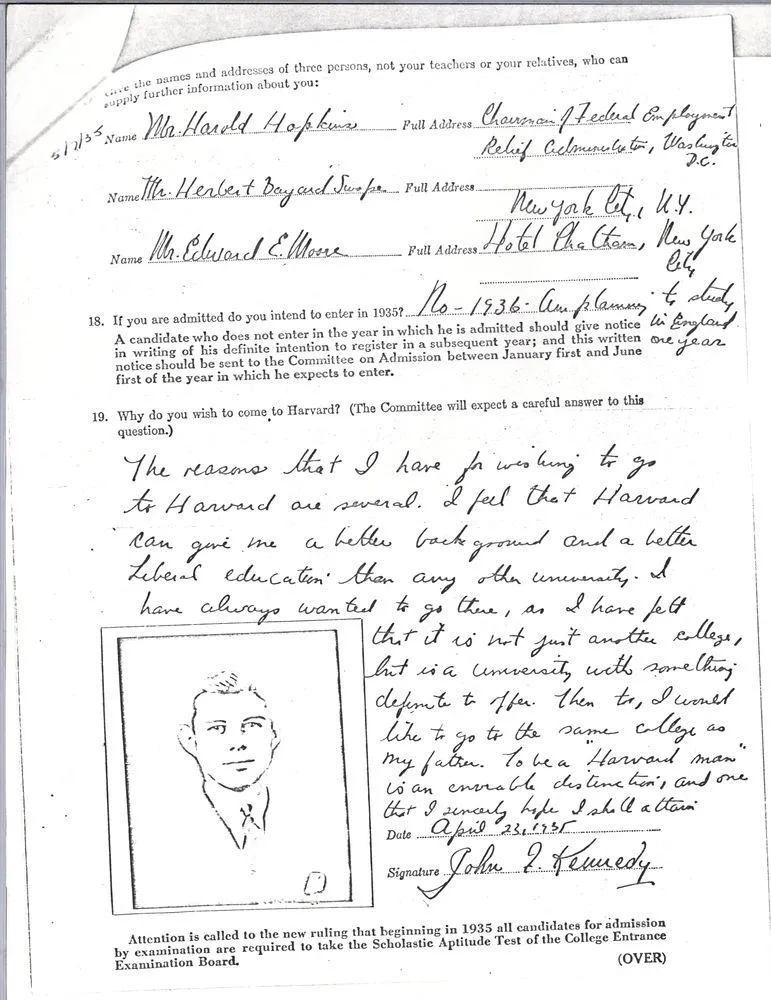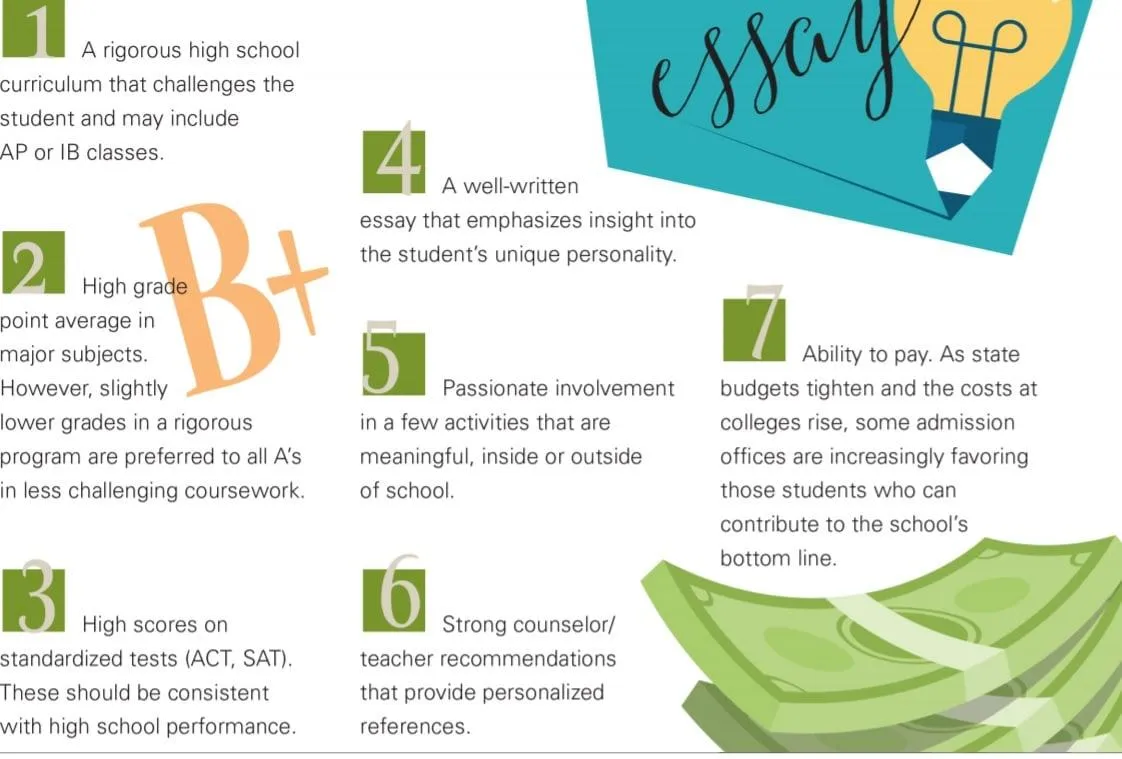
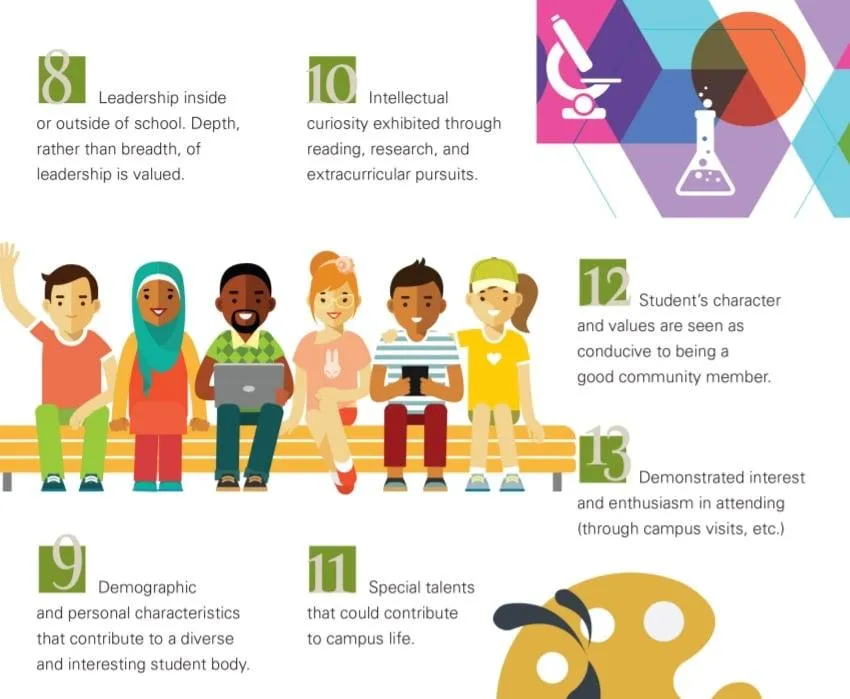

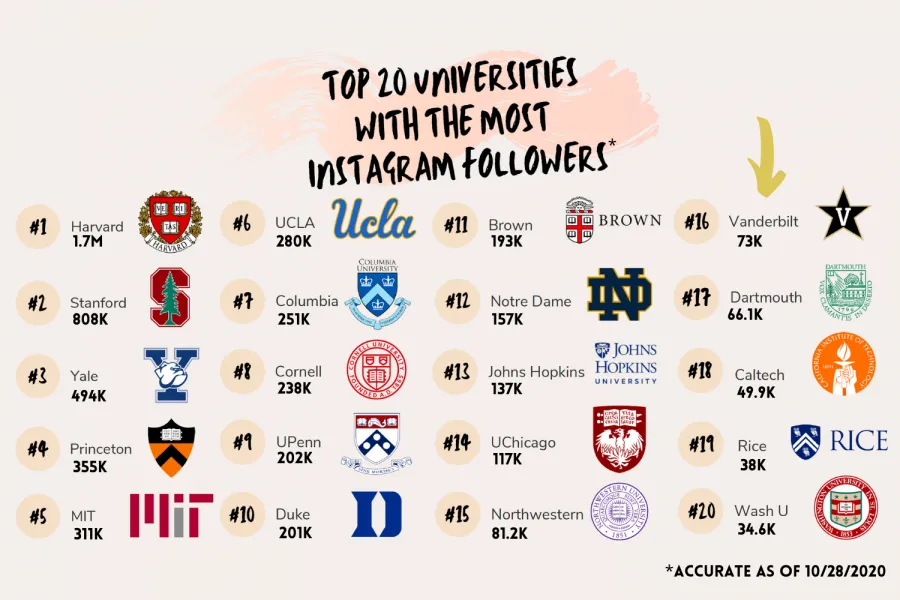
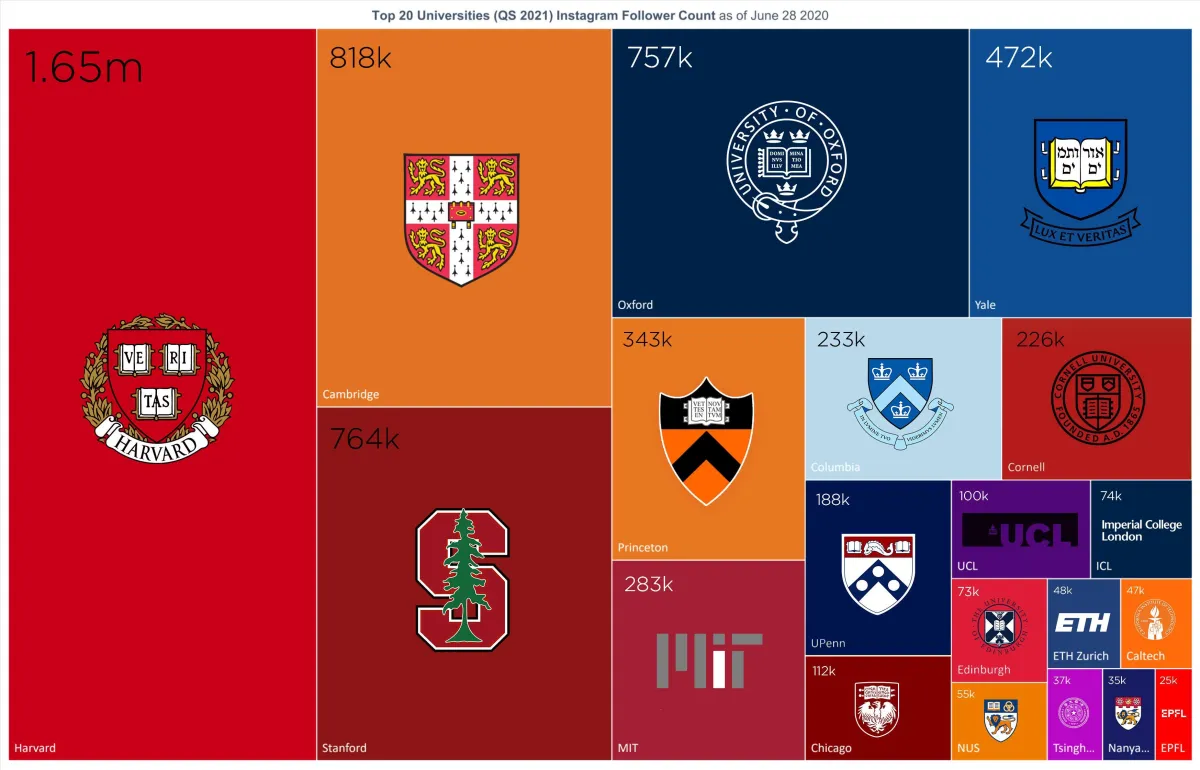
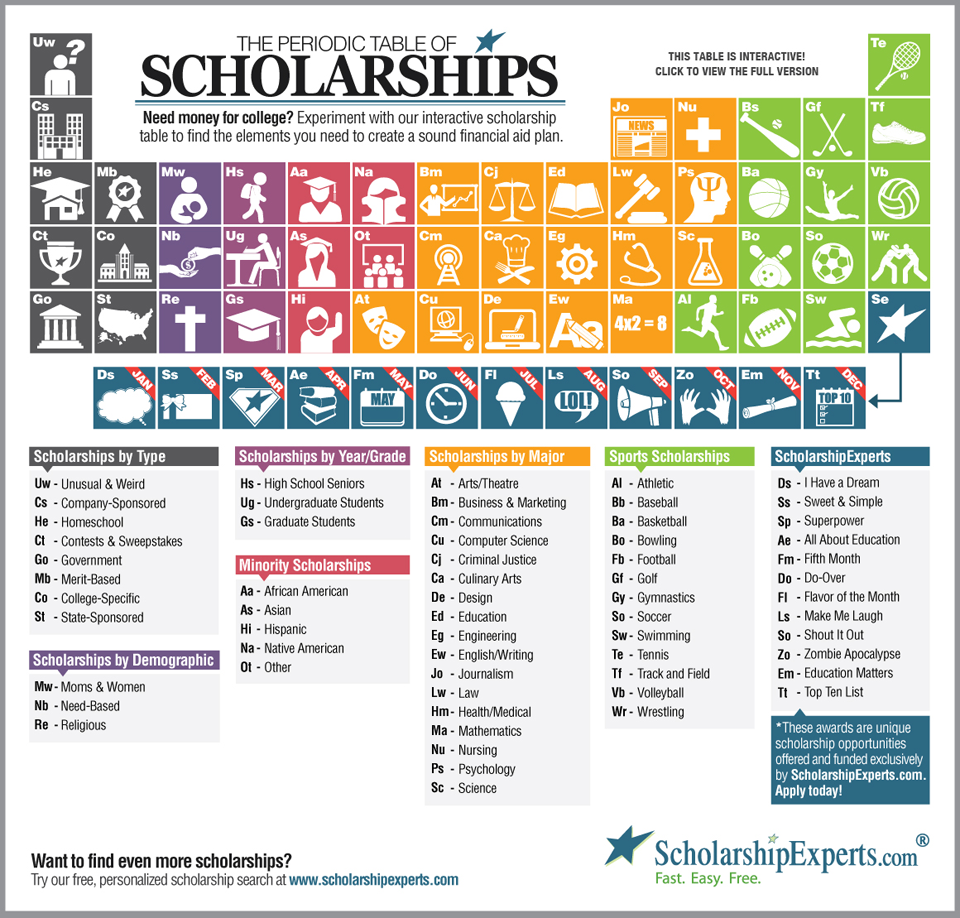
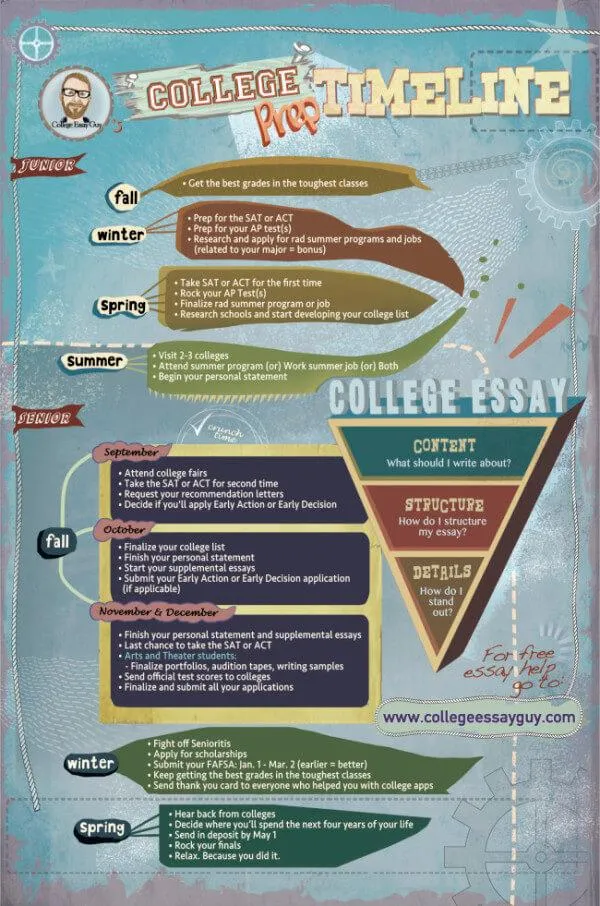


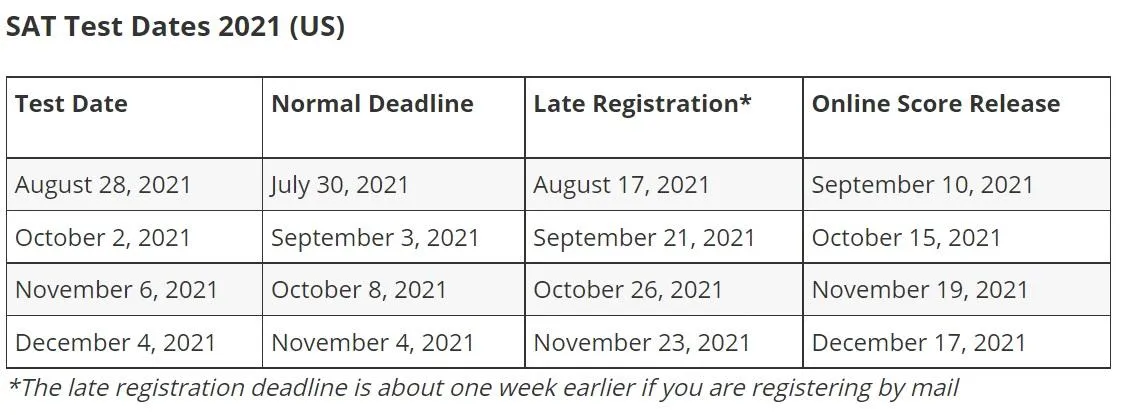
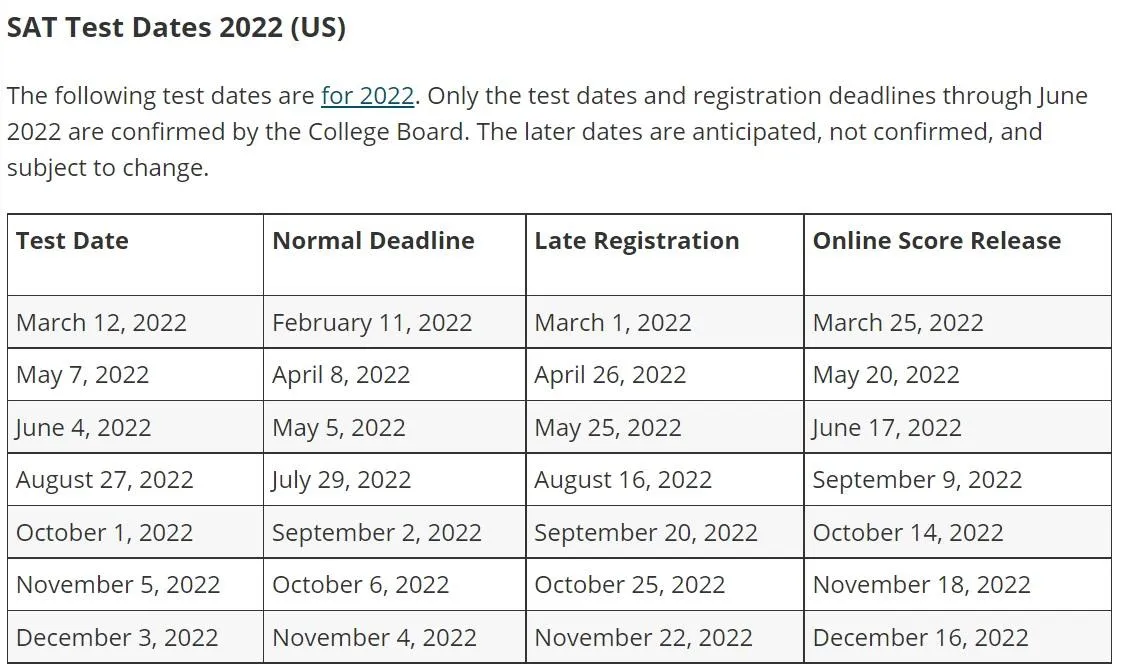
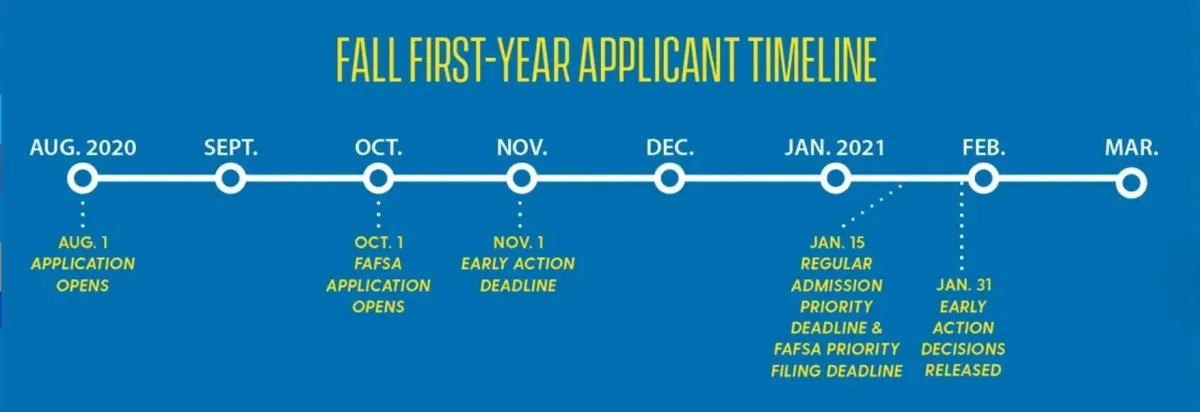
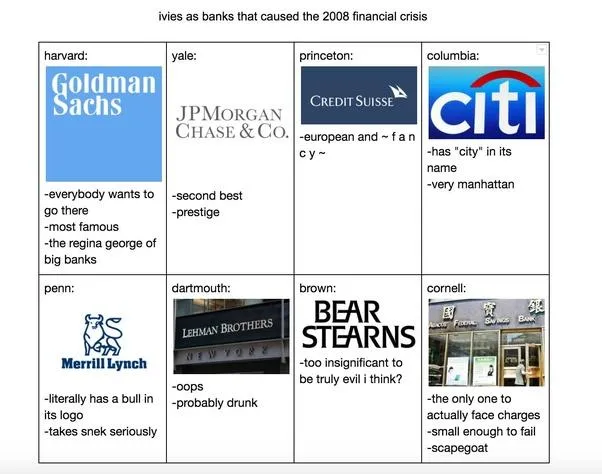
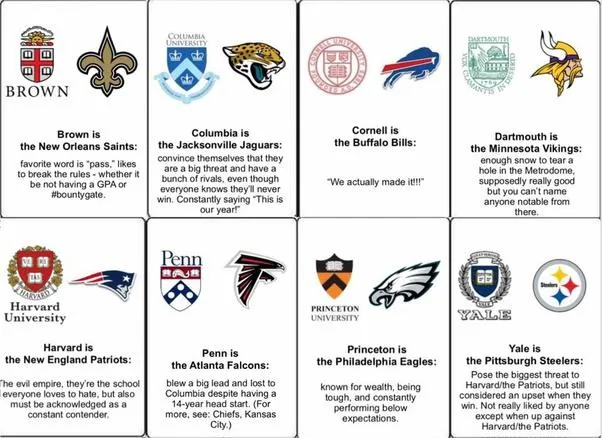
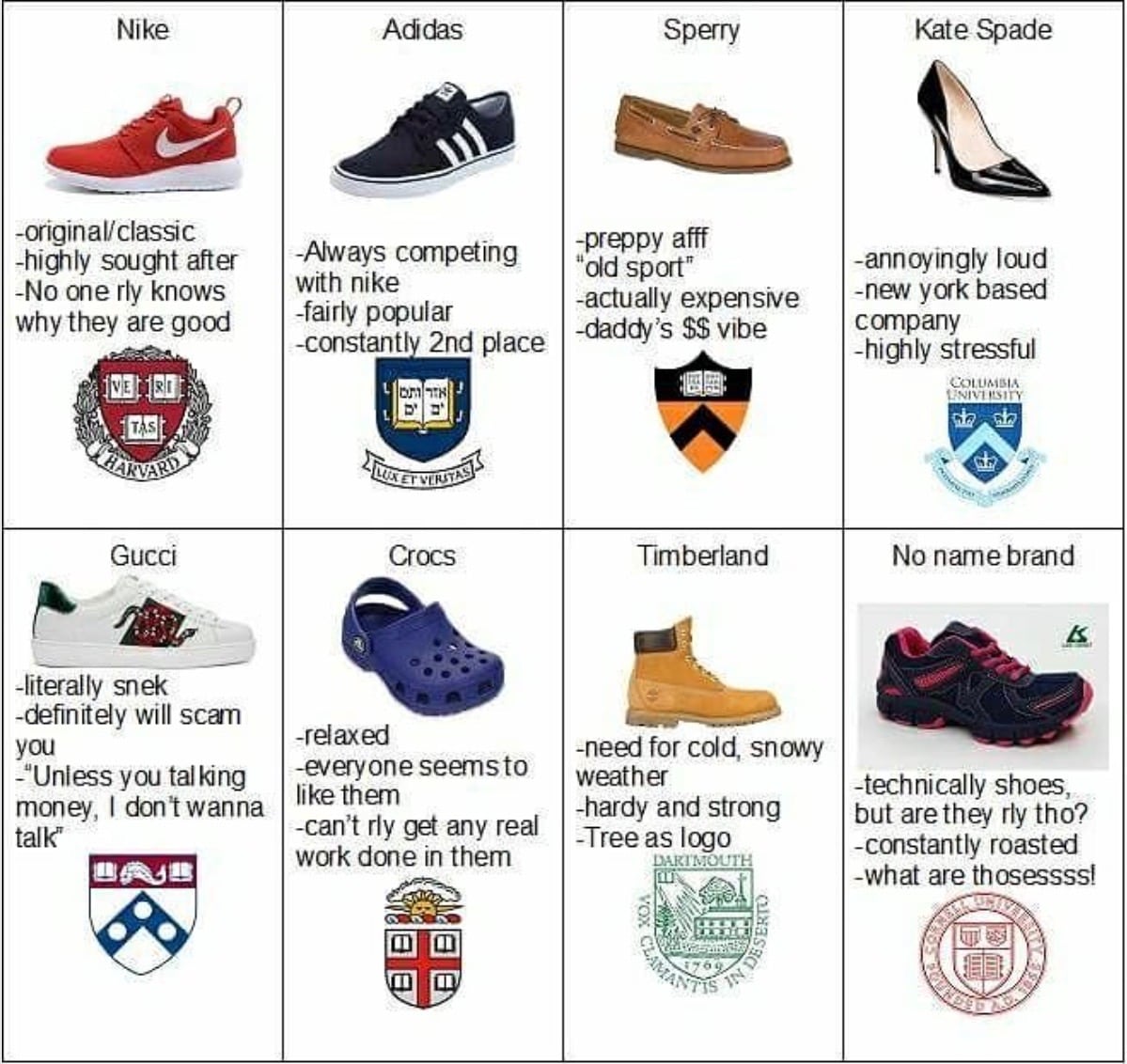

Kennedy's 1935 Harvard application, which includes his grades and his response to the essay prompt, "Why do you wish to come to Harvard?" Here's how the future president answered:
The reasons that I have for wishing to go to Harvard are several. I feel that Harvard can give me a better background and a better liberal education than any other university. I have always wanted to go there, as I have felt that it is not just another college, but is a university with something definite to offer. Then too, I would like to go to the same college as my father. To be a "Harvard man" is an enviable distinction, and one that I sincerely hope I shall attain.
April 23, 1935
John F. Kennedy
"I have a dream that my four little children will one day live in a nation where they will not be judged by the color of their skin, but by the content of their character." MLK Jr 1963
“Ask not what your country can do for you – ask what you can do for your country.” JFK 1961
“Four score and seven years ago our fathers brought forth on this continent a new nation conceived in liberty and dedicated to the proposition that all men are created equal.” Lincoln 1864
“Whether you think you can, or you think you can't--you're right.” ― Henry Ford
"Our greatest weakness lies in giving up. The most certain way to succeed is always to try just one more time." - Thomas Edison
"We are what we repeatedly do. Excellence, then, is not an act, but a habit."
"The whole is more than the sum of its parts.
Happiness depends upon ourselves."
"Patience is bitter, but its fruit is sweet."
-Aristotle
"A man's friendships are one of the best measures of his worth."
"A man who dares to waste one hour of time has not discovered the value of life."
-Charles Darwin
"Opinion is the medium between knowledge and ignorance."
"If a man neglects education, he walks lame to the end of his life."
"All men are by nature equal, made all of the same earth by one workman."
"Books give a soul to the universe, wings to the mind, flight to the imagination, and life to everything."
-Plato
"Imagination is more important than knowledge."
"If you can't explain it simply, you don't understand it well enough."
"Life is like riding a bicycle. To keep your balance you must keep moving."
"In the middle of difficulty lies opportunity."
"There are only two ways to live your life. One is as though nothing is a miracle. The other is as though everything is a miracle."
"The important thing is not to stop questioning. Curiosity has its own reason for existing."
-Albert Einstein
"If I have seen further than others, it is by standing upon the shoulders of giants."
"To any action there is always an opposite and equal reaction; in other words, the actions of two bodies upon each other are always equal and always opposite in direction."
"Truth is ever to be found in simplicity, and not in the multiplicity and confusion of things."
-Isaac Newton
"Workers of the world, unite!"
"Religion is the opium of the masses."
"The philosophers have only interpreted the world, in various ways. The point, however, is to change it."
"Revolutions are the locomotives of history."
-Karl Marx
'Hamlet "to be, or not to be, that is the question." In the 21st century, "to code, or not to code, that is the challenge.'
"Brevity is the soul of wit."
"Out, out, brief candle!"
-Shakespeare
"I think, therefore I am."
"It is not enough to have a good mind; the main thing is to use it well."
"The greatest minds are capable of the greatest vices as well as of the greatest virtues."
"Divide each difficulty into as many parts as is feasible and necessary to resolve it."
-René Descartes
“The secret to success is to do the common things uncommonly well.”
-John D. Rockefeller
"One day, in retrospect, the years of struggle will strike you as the most beautiful."
"The goal of all life is death."
"The greatest glory in living lies not in never falling, but in rising every time we fall."
"The way to get started is to quit talking and begin doing."
"Your time is limited, so don't waste it living someone else's life."
"If life were predictable it would cease to be life, and be without flavor."
-Sigmund Freud
"It was the best of times, it was the worst of times."
"A loving heart is the truest wisdom."
"No one is useless in this world who lightens the burdens of another."
"The pain of parting is nothing to the joy of meeting again."
-Charles Dickens
"I am against religion because it teaches us to be satisfied with not understanding the world."
"The essence of life is statistical improbability on a colossal scale."
"Complex, statistically improbable things are by their nature more difficult to explain than simple, statistically probable things."
-Richard Dawkins
"Education is a system of imposed ignorance."
"If we don't believe in freedom of expression for people we despise, we don't believe in it at all."
"The intellectual tradition is one of servility to power, and if I didn't betray it I'd be ashamed of myself."
-Noam Chomsky
“Truth emerges more readily from error than from confusion.”
“The answers you get depend on the questions you ask.”
“What man sees depends both upon what he looks at and also upon what his previous visual-conception experience has taught him to see.”
- Thomas S. Kuhn
"If it is true that there is always more than one way of construing a text, it is not true that all interpretations are equal."
"On a cosmic scale, our life is insignificant, yet this brief period when we appear in the world is the time in which all meaningful questions arise."
"Testimony demands to be interpreted because of the dialectic of meaning and event that traverses it."
-Paul Ricoeur
The Three Laws
First Law:
A robot may not injure a human being or, through inaction, allow a human being to come to harm.
Second Law:
A robot must obey the orders given it by human beings except where such orders would conflict with the First Law.
Third Law:
A robot must protect its own existence as long as such protection does not conflict with the First or Second Law.
-Isaac Asimov
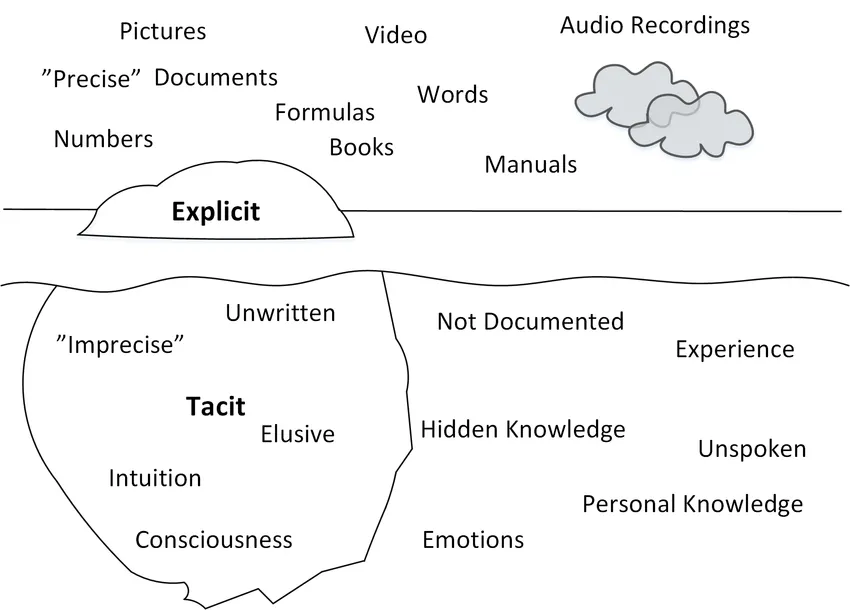
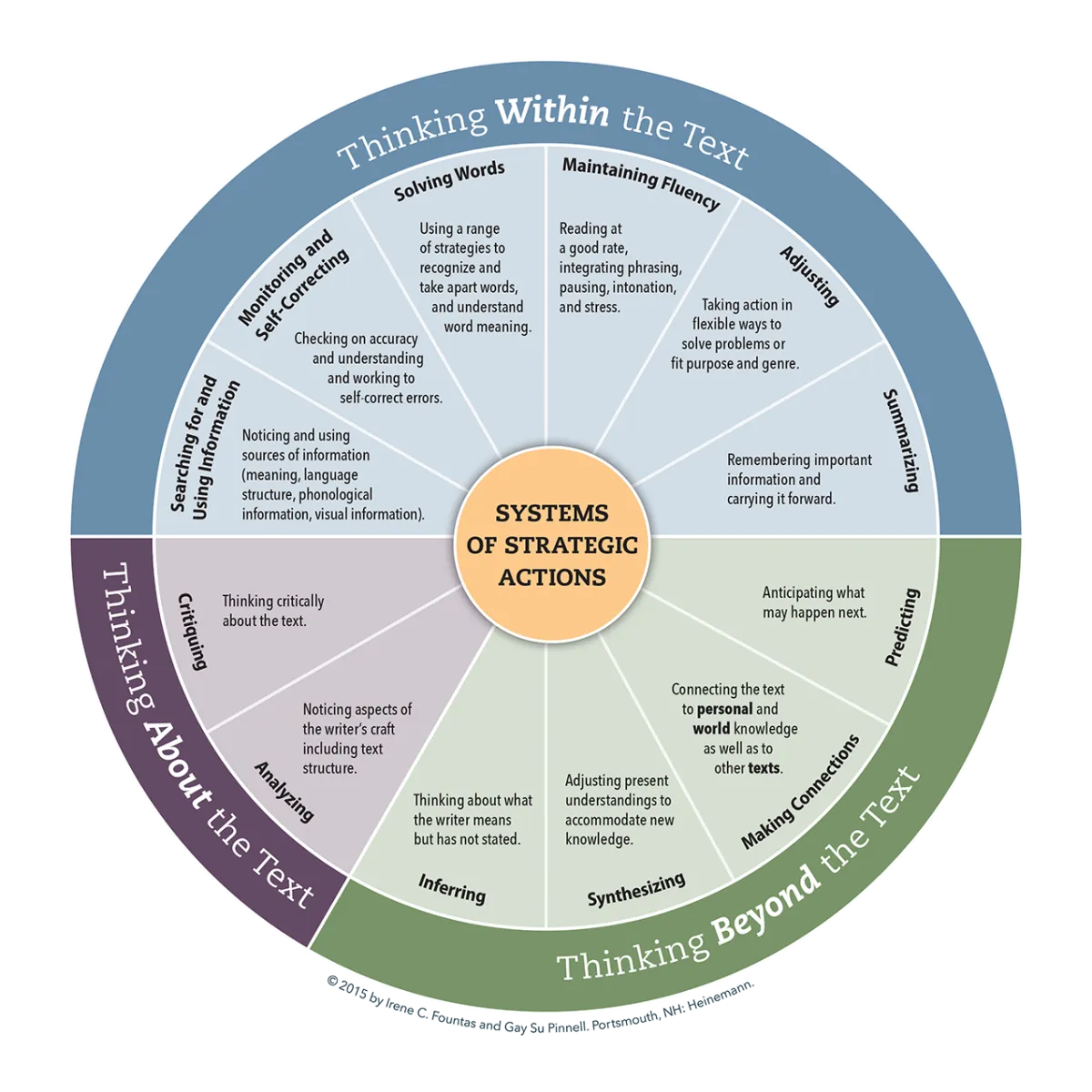
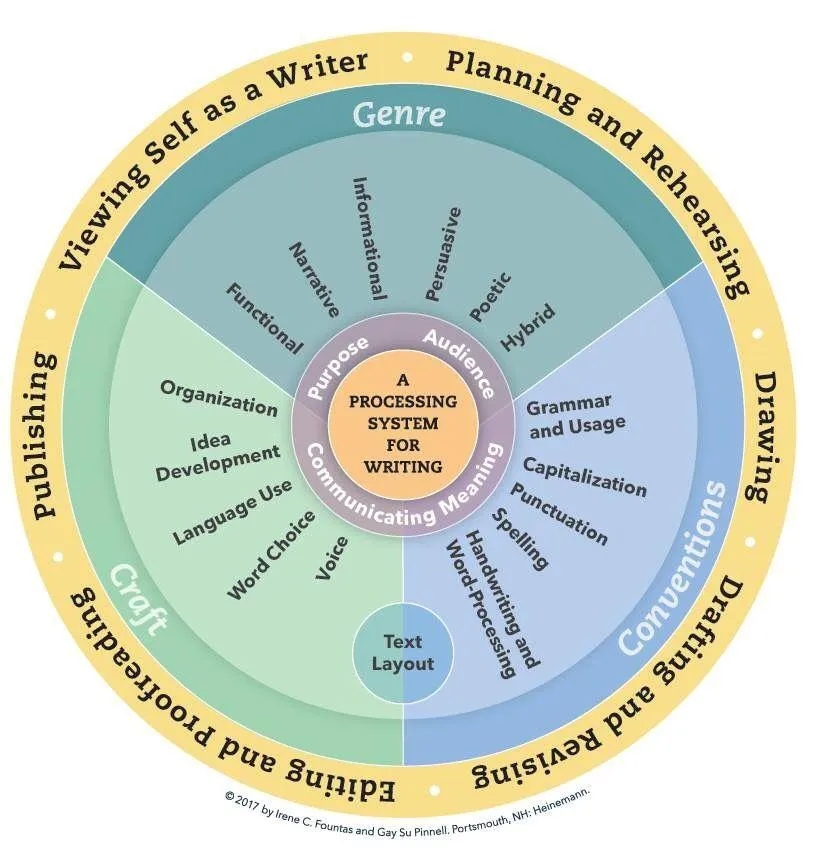

Tesla Corporate Culture
1. Move Fast
Speed affects Tesla’s competitive advantage. This characteristic of the organizational culture highlights the importance of employees’ capability to rapidly respond to trends and changes in the international market. For example, the corporation’s human resources provide the capability to develop cutting-edge products that match or exceed those from competing automotive firms. In this way, Tesla’s corporate culture facilitates business resilience through speedy responses to current issues and challenges in the global automotive industry.
2. Do the Impossible
In developing cutting-edge products, Tesla must ensure that its corporate culture encourages employees to think outside the box. This cultural characteristic recognizes the importance of new ideas and solutions, but it also emphasizes the benefits of considering unconventional ways. For example, human resource managers train employees to go beyond conventional limits of productivity and creativity in automotive design, leading to the development of new solutions to energy and transportation needs. This condition opens new opportunities for Tesla Inc. to strategically improve its business performance. This cultural condition also makes the company an influential entity in prompting radical ideas in the international automotive and energy solutions market.
3. Constantly Innovate
Innovation is at the heart of Tesla. This feature of the organizational culture focuses on the continuous nature of innovation at the company. For example, the corporation continuously researches and develops solutions that improve current energy storage product designs. In this context of the business analysis, constant innovation helps develop cutting-edge electric cars and related products. Continuous innovation maintains the competitive advantage necessary to address the strong force of industry competition determined in the Porter’s Five Forces analysis of Tesla Inc. The company addresses this need through a corporate culture that rewards constant innovation. Managers motivate employees to contribute to constant innovation in business processes and output.
4. Reason from "First Principles"
CEO Elon Musk promotes reasoning from first principles. These principles revolve around identifying root factors to understand and solve problems in the real world. For example, Tesla’s energy storage products are one of the solutions to challenges in using renewable energy, and challenges in improving the efficiency of energy utilization. Through the company’s corporate culture, employees use first principles in fulfilling their jobs. Tesla’s human resource management involves training programs to orient employees to this feature of its organizational culture.
5. Think Like Owners
Tesla employs its organizational culture as a tool to maintain a mindset that supports business development. For example, the company motivates its workers to think like they own the organization. This ownership mindset supports Tesla’s corporate vision and mission statements by encouraging employees to take responsibility and accountability in their jobs and in the overall performance of the multinational business. The ownership mindset is a powerful behavioral factor that helps grow and strengthen the integrity of businesses in various industries. This corporate cultural trait aligns workers with the company’s strategic objectives, thereby improving strategic effectiveness.
6. We are ALL IN
Tesla’s organizational culture unifies employees into a team that works to improve the business. For example, this cultural characteristic helps minimize conflicts through teamwork. Such teamwork also develops synergy in the company’s human resources. As a result, the corporate culture maximizes the benefits from employees’ talents and skills. Synergistic teamwork contributes to Tesla’s competitiveness in the international automotive market. This unifying cultural approach also facilitates corporate management and strategy implementation throughout the organization.
Amazon Leadership Principles
We use our Leadership Principles every day, whether we're discussing ideas for new projects or deciding on the best approach to solving a problem. It is just one of the things that makes Amazon peculiar.
Customer Obsession
Leaders start with the customer and work backwards. They work vigorously to earn and keep customer trust. Although leaders pay attention to competitors, they obsess over customers.
Ownership
Leaders are owners. They think long term and don’t sacrifice long-term value for short-term results. They act on behalf of the entire company, beyond just their own team. They never say “that’s not my job."
Invent and Simplify
Leaders expect and require innovation and invention from their teams and always find ways to simplify. They are externally aware, look for new ideas from everywhere, and are not limited by “not invented here." As we do new things, we accept that we may be misunderstood for long periods of time.
Are Right, A Lot
Leaders are right a lot. They have strong judgment and good instincts. They seek diverse perspectives and work to disconfirm their beliefs.
Learn and Be Curious
Leaders are never done learning and always seek to improve themselves. They are curious about new possibilities and act to explore them.
Hire and Develop the Best
Leaders raise the performance bar with every hire and promotion. They recognize exceptional talent, and willingly move them throughout the organization. Leaders develop leaders and take seriously their role in coaching others. We work on behalf of our people to invent mechanisms for development like Career Choice.
Insist on the Highest Standards
Leaders have relentlessly high standards — many people may think these standards are unreasonably high. Leaders are continually raising the bar and drive their teams to deliver high quality products, services, and processes. Leaders ensure that defects do not get sent down the line and that problems are fixed so they stay fixed.
Think Big
Thinking small is a self-fulfilling prophecy. Leaders create and communicate a bold direction that inspires results. They think differently and look around corners for ways to serve customers.
Bias for Action
Speed matters in business. Many decisions and actions are reversible and do not need extensive study. We value calculated risk taking.
Frugality
Accomplish more with less. Constraints breed resourcefulness, self-sufficiency, and invention. There are no extra points for growing headcount, budget size, or fixed expense.
Earn Trust
Leaders listen attentively, speak candidly, and treat others respectfully. They are vocally self-critical, even when doing so is awkward or embarrassing. Leaders do not believe their or their team’s body odor smells of perfume. They benchmark themselves and their teams against the best.
Dive Deep
Leaders operate at all levels, stay connected to the details, audit frequently, and are skeptical when metrics and anecdote differ. No task is beneath them.
Have Backbone; Disagree and Commit
Leaders are obligated to respectfully challenge decisions when they disagree, even when doing so is uncomfortable or exhausting. Leaders have conviction and are tenacious. They do not compromise for the sake of social cohesion. Once a decision is determined, they commit wholly.
Deliver Results
Leaders focus on the key inputs for their business and deliver them with the right quality and in a timely fashion. Despite setbacks, they rise to the occasion and never settle.
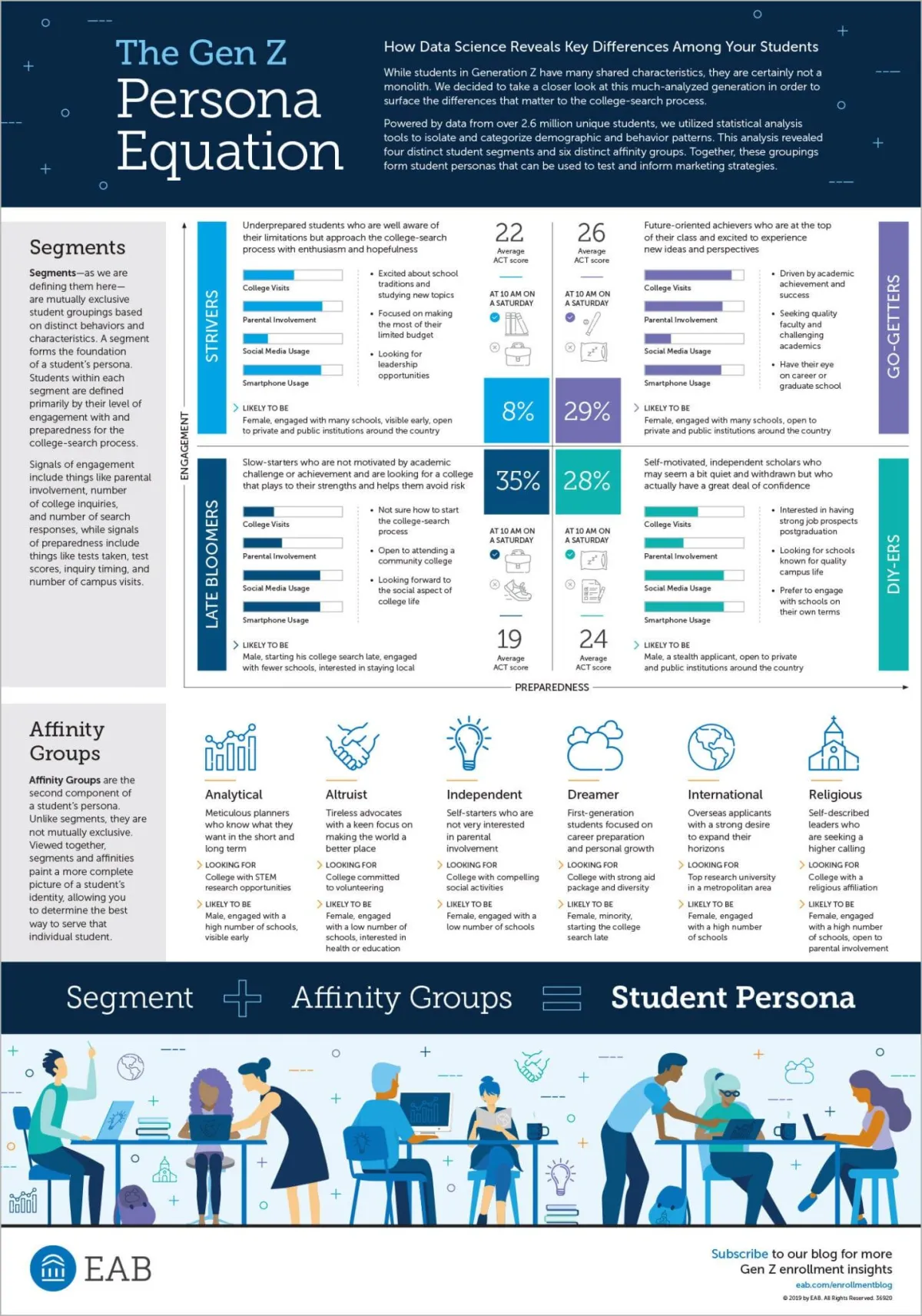
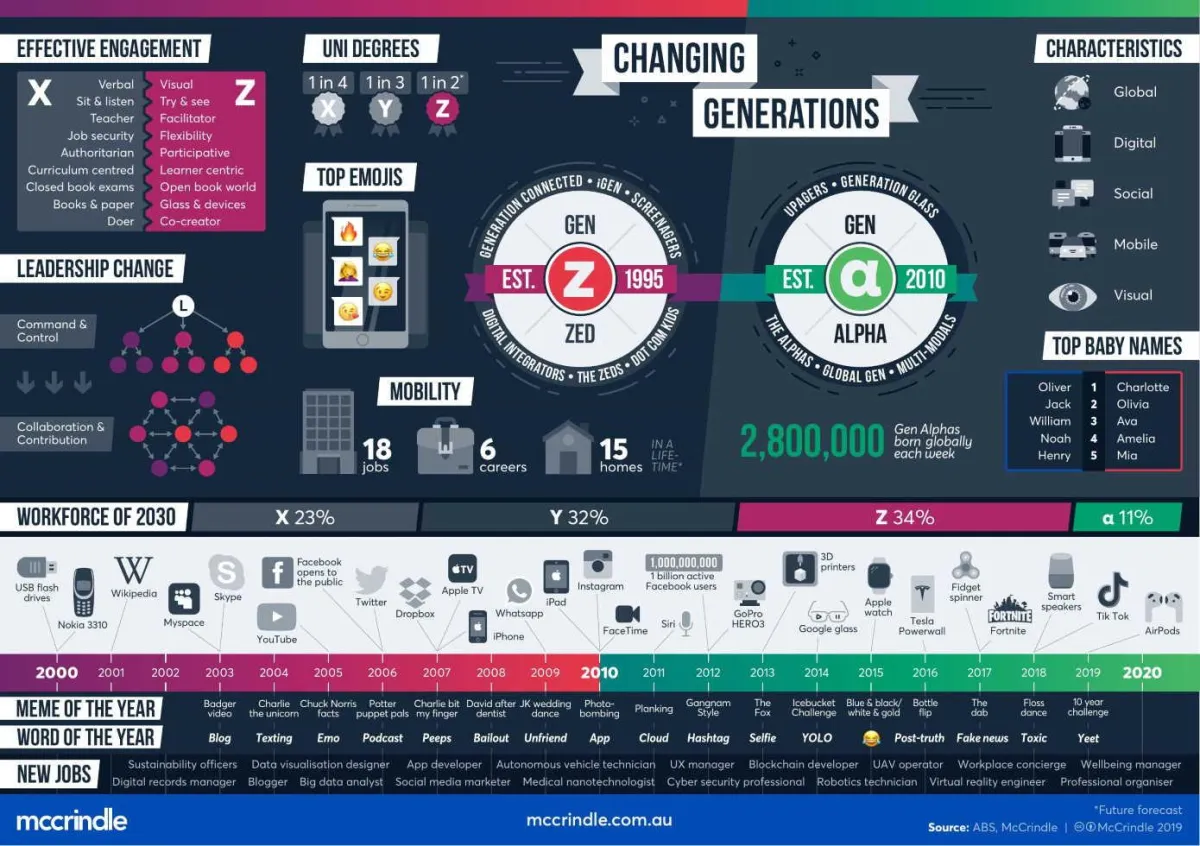
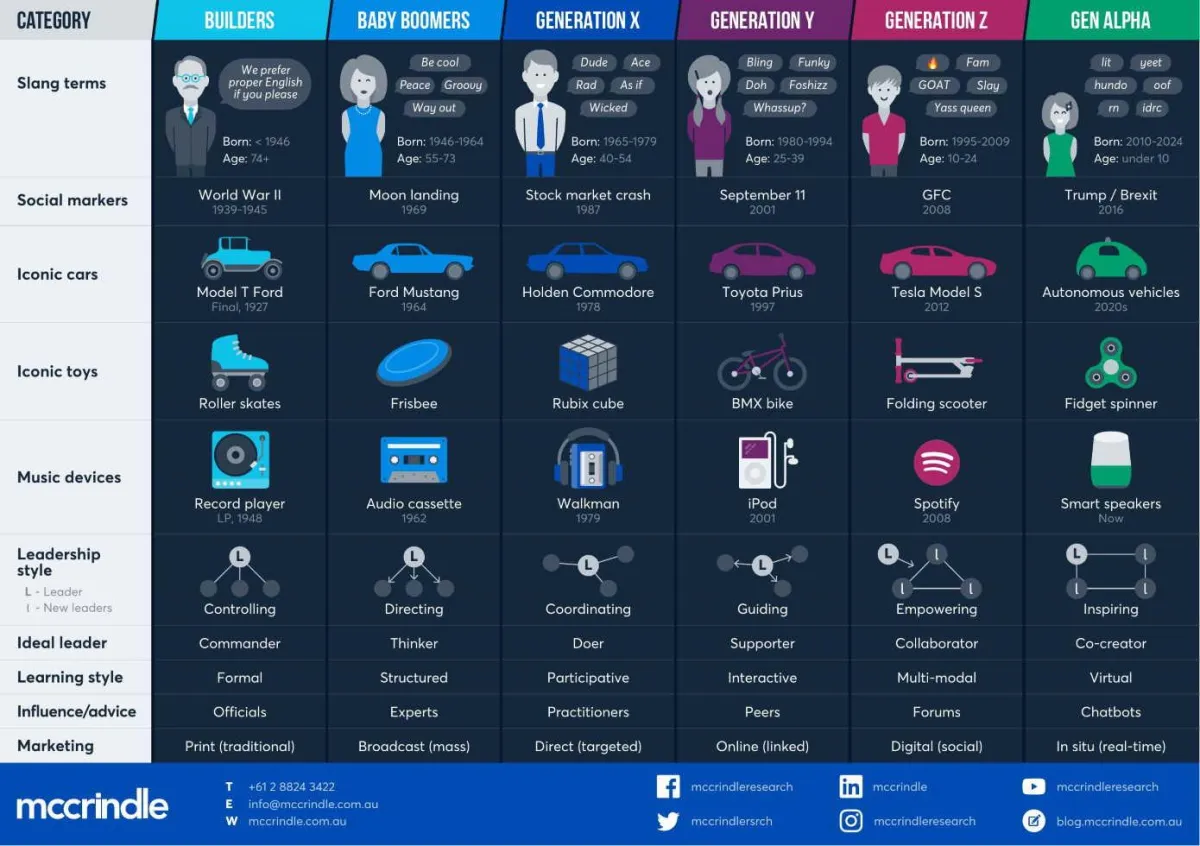
College admission is an important life decision and a crossroad. Let's unlock your child potential and make college experience with no regrets!
©2023 WeAdmitPrep.com | All Right Reserved | Privacy Policy

